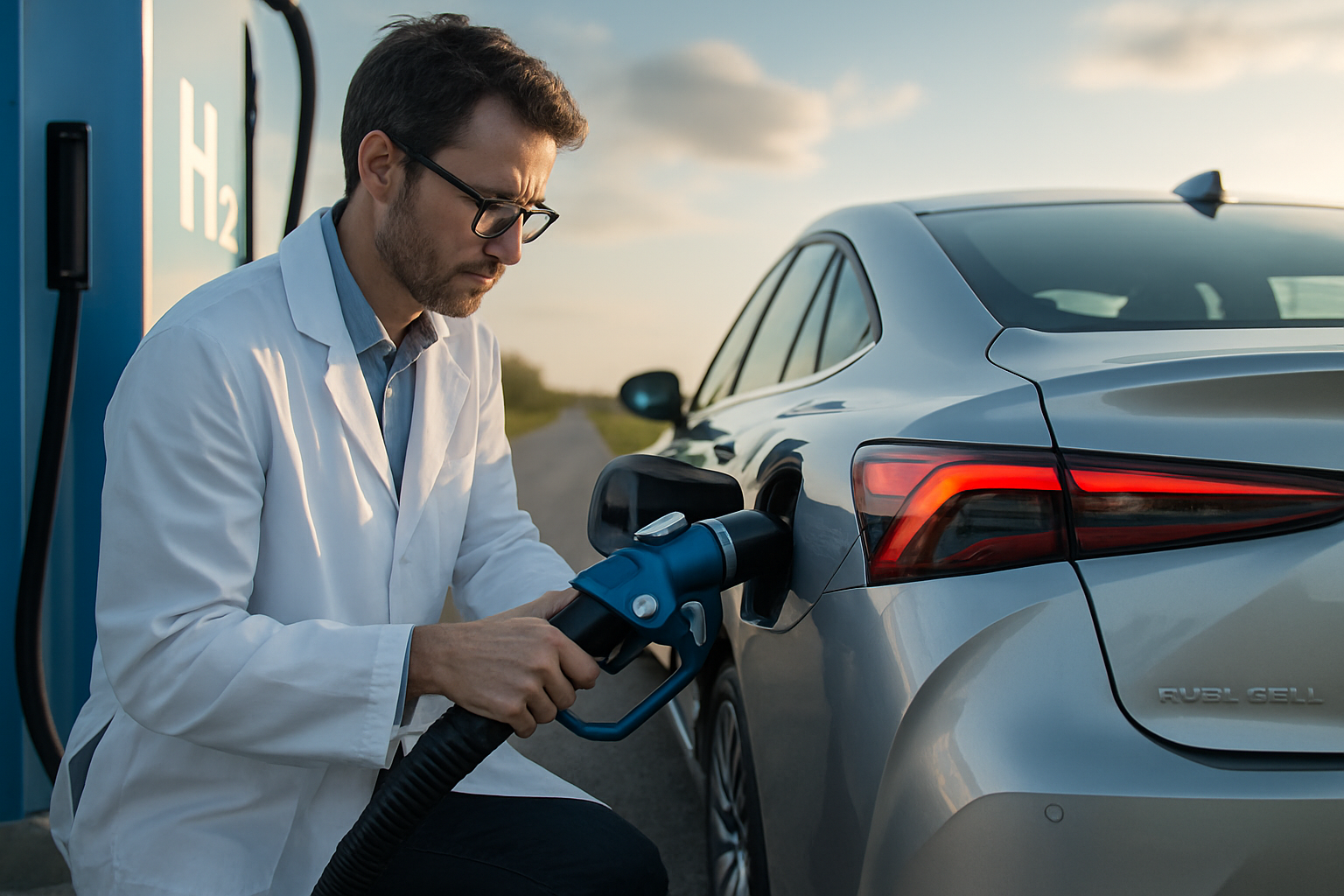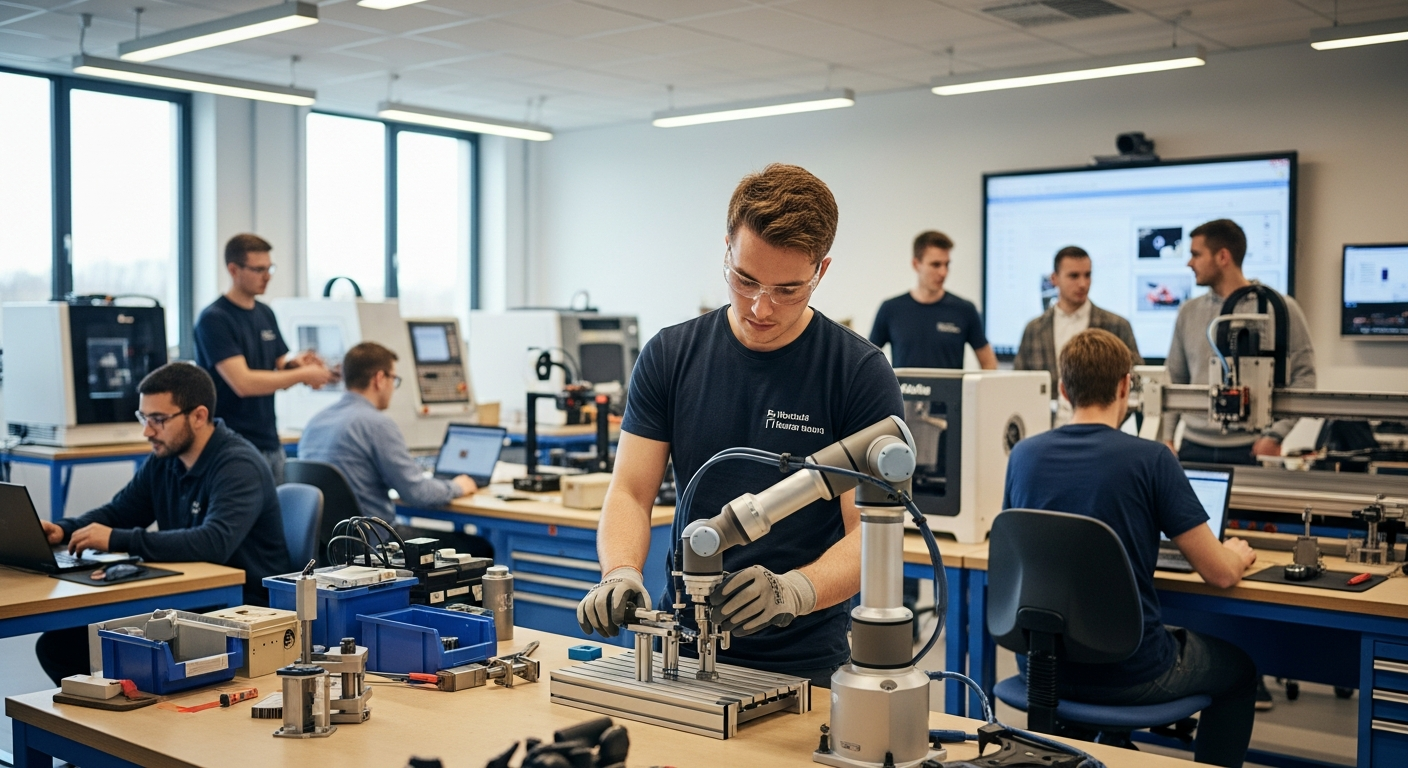Pioneering the Future: The Advent of Hydrogen Fuel Cell Cars
In recent years, one of the most captivating developments in automotive engineering has been the emergence of hydrogen fuel cell vehicles. Despite their technical complexity, these vehicles present an enticing prospect for the future of sustainable driving, offering a compelling blend of efficiency, performance, and environmental friendliness.

A Glimpse Into the Past: The Origins of Hydrogen Fuel Cell Cars
The concept of hydrogen fuel cell cars dates back to the mid-19th century, when Welsh scientist Sir William Robert Grove developed the first fuel cell. Grove combined hydrogen and oxygen to produce electricity, laying down the foundation for future innovations in the automotive industry. It was not until the 1990s, however, that the first hydrogen fuel cell vehicles began to take shape, led by pioneers such as Toyota and Honda.
Hydrogen Fuel Cell Cars Today: The Current State of Play
Fast forward to today, and hydrogen fuel cell cars are beginning to make their mark on the automotive landscape. These vehicles use a fuel cell to convert hydrogen into electricity, which powers an electric motor. The only byproduct? Water. This makes them a much cleaner alternative to traditional gasoline-powered cars.
Major manufacturers, including Toyota, Honda, and Hyundai, have launched hydrogen fuel cell vehicles, despite the considerable technical and infrastructure challenges associated with this technology. These brands believe in the long-term potential of hydrogen as a viable, sustainable fuel source for cars, and are making significant investments to make this vision a reality.
The Future of Hydrogen Fuel Cell Cars: Challenges and Opportunities
While the benefits of hydrogen fuel cell cars are clear, they also face significant challenges. One of the main hurdles is the lack of a widespread hydrogen refueling infrastructure. Currently, this infrastructure is limited, with only a handful of hydrogen refueling stations available worldwide.
Despite these challenges, many experts believe that hydrogen fuel cell cars have a bright future. They offer a range and refueling speed that rivals that of gasoline cars, making them a promising option for long-distance and heavy-duty vehicles. Additionally, hydrogen can be produced from a variety of sources, including renewable energy, which could help to further reduce the environmental impact of cars.
Paving the Way for a Sustainable Future: The Impact of Hydrogen Fuel Cell Cars
Ultimately, hydrogen fuel cell cars could play a key role in the future of sustainable transportation. As the automotive industry continues to evolve, these vehicles offer a glimpse into a future where cars are powered by clean, renewable energy sources, rather than fossil fuels.
Although the road to widespread adoption of hydrogen fuel cell cars may be long and fraught with challenges, the potential benefits are too great to ignore. As we continue to push the boundaries of automotive technology, the prospect of a cleaner, greener future for driving is becoming increasingly tangible.
In conclusion, the advent of hydrogen fuel cell cars represents a significant milestone in the history of automotive engineering. Despite the challenges that lie ahead, these vehicles offer a promising vision of the future, one where sustainable driving is not just a dream, but a reality.






